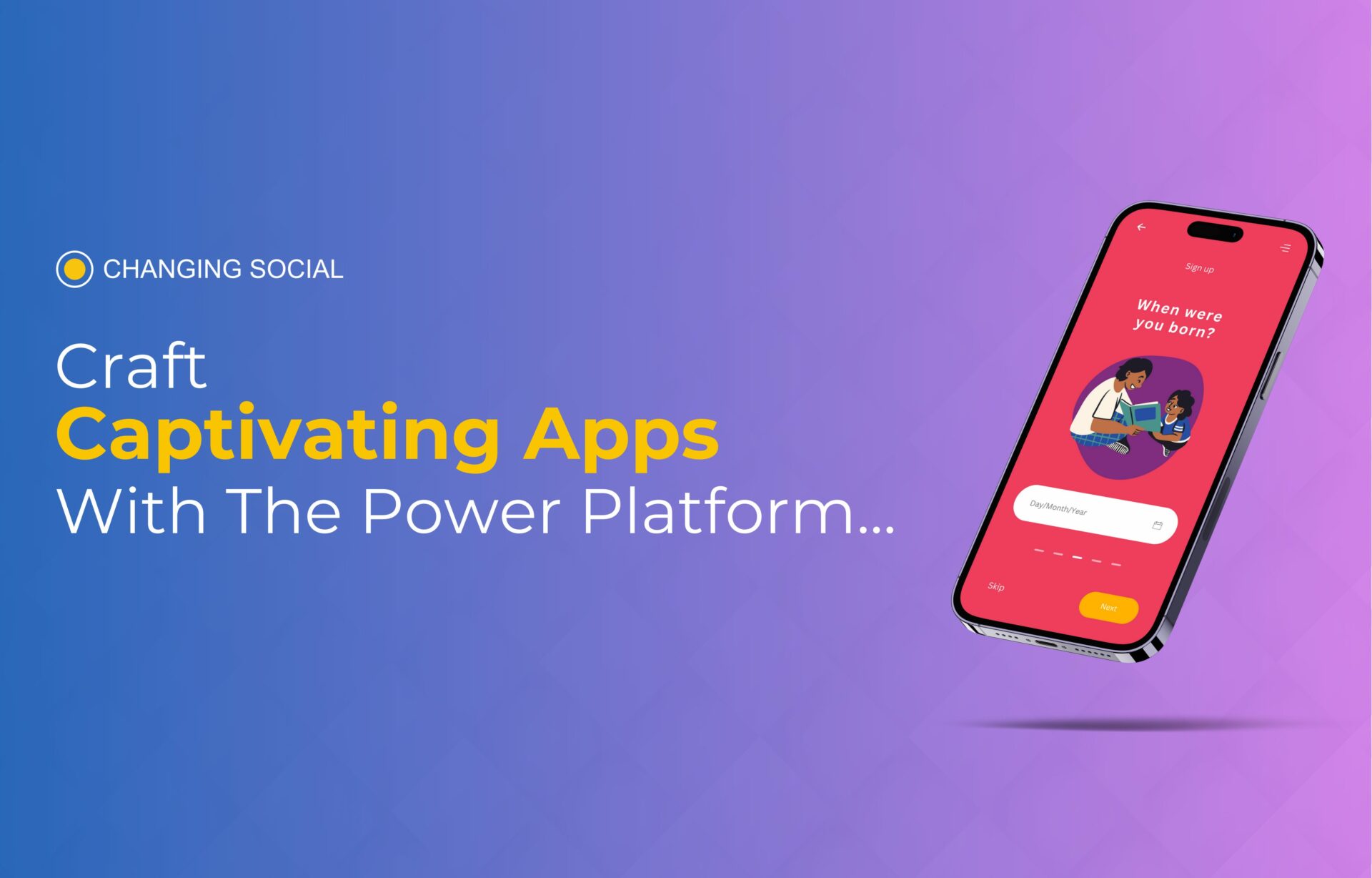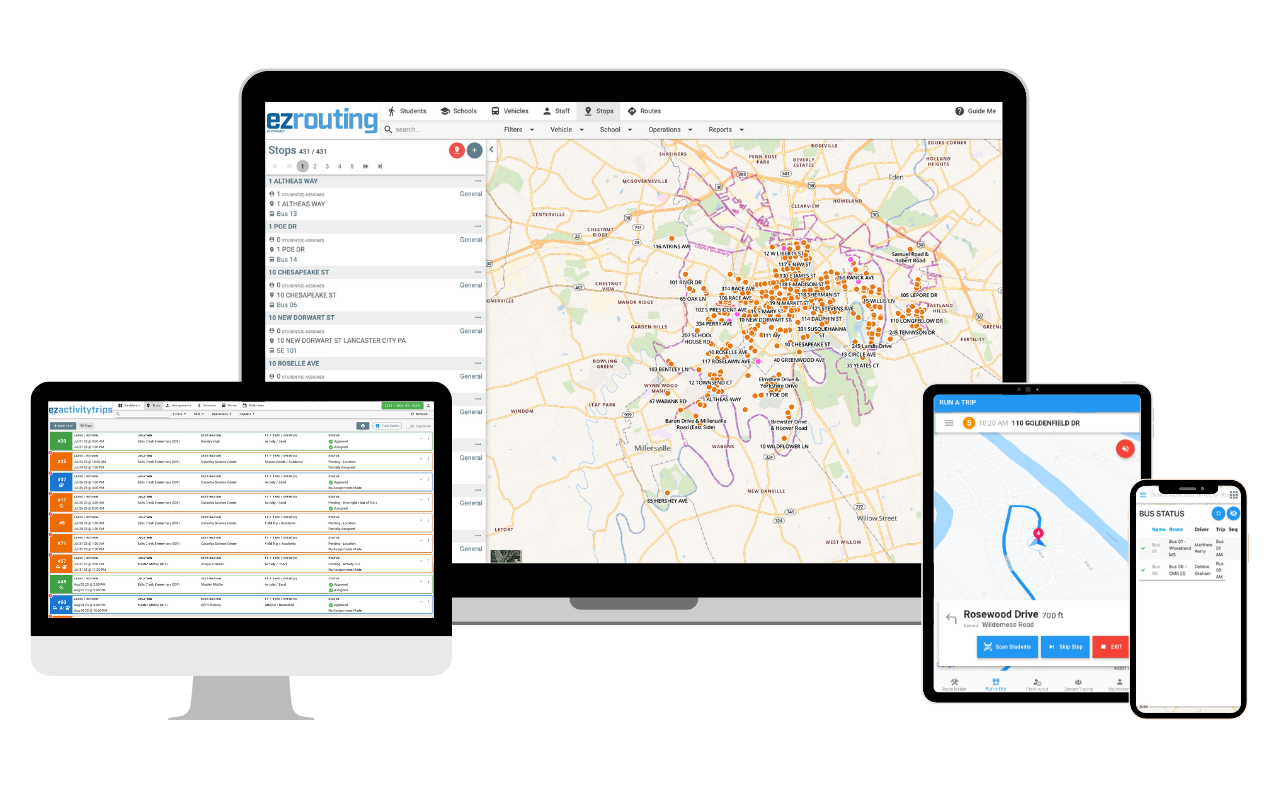In the rapidly evolving world of technology, RemoteIoT management platforms have become indispensable tools for businesses aiming to streamline operations and enhance efficiency. These platforms allow organizations to manage IoT devices remotely, providing real-time data and analytics without the need for physical intervention. RemoteIoT management platform free options are especially appealing for startups and small businesses that need powerful tools but operate on tight budgets.
As IoT devices continue to permeate various industries, from healthcare to agriculture, the demand for effective management solutions has surged. A free remote IoT management platform offers users the ability to monitor and control devices from anywhere, ensuring seamless integration and operation. This flexibility is crucial for businesses striving to adapt to the digital age.
Whether you're a tech enthusiast exploring IoT possibilities or a business owner looking to optimize your operations, this guide will provide comprehensive insights into free remote IoT management platforms. We'll explore their features, benefits, and how they can revolutionize your approach to IoT management.
Read also:Luke Belmar Biography The Rising Star In Football
Table of Contents
- Introduction to RemoteIoT Management Platforms
- Benefits of Using a Free RemoteIoT Management Platform
- Top Free RemoteIoT Management Platforms
- How to Choose the Right RemoteIoT Platform
- Key Features to Look for in a Free RemoteIoT Platform
- Security Considerations for RemoteIoT Management
- Tips for Implementing a Free RemoteIoT Platform
- Cost Implications of Free vs Paid RemoteIoT Platforms
- Real-World Examples of Successful RemoteIoT Deployments
- Future Trends in RemoteIoT Management
Introduction to RemoteIoT Management Platforms
A remote IoT management platform serves as the backbone of modern IoT ecosystems, enabling users to monitor, configure, and maintain IoT devices from a centralized location. These platforms are designed to address the complexities associated with managing large-scale IoT networks, offering tools to enhance device performance and security.
With a free remote IoT management platform, users gain access to essential functionalities that were once exclusive to paid solutions. This democratization of IoT management tools opens up opportunities for businesses of all sizes to harness the power of IoT without significant financial investment.
As the Internet of Things continues to expand, the role of remote IoT management platforms becomes increasingly critical. They ensure that devices remain synchronized, data is securely transmitted, and potential issues are identified and resolved promptly.
Benefits of Using a Free RemoteIoT Management Platform
Cost Efficiency
One of the most significant advantages of using a free remote IoT management platform is the cost savings it provides. Businesses can allocate resources to other critical areas while still enjoying robust IoT management capabilities.
Scalability
Free platforms often offer scalable solutions that grow with your business. As your IoT network expands, these platforms can accommodate additional devices and data without requiring substantial upgrades.
Accessibility
With cloud-based solutions, remote IoT management platforms ensure that users can access their IoT networks from anywhere, at any time. This accessibility is vital for businesses with geographically dispersed operations.
Read also:Unveiling Caseohs Real Age A Deep Dive Into The Life And Career Of The Renowned Content Creator
- Easy-to-use interface for beginners
- Integration with existing systems
- Regular updates and improvements
Top Free RemoteIoT Management Platforms
Several free remote IoT management platforms stand out for their functionality and ease of use. Below are some of the most popular options:
1. ThingsBoard
ThingsBoard is an open-source platform that provides comprehensive IoT device management capabilities. It supports real-time data visualization, rule engine processing, and customizable dashboards.
2. Eclipse IoT
Eclipse IoT offers a suite of tools designed to facilitate IoT device management. Its modular architecture allows users to select only the components they need, reducing complexity and resource consumption.
3. Freeboard.io
Freeboard.io is a lightweight platform ideal for small-scale IoT projects. It provides a user-friendly interface and supports integration with various IoT devices and services.
How to Choose the Right RemoteIoT Platform
Selecting the appropriate remote IoT management platform requires careful consideration of several factors. Below are key elements to evaluate:
- Compatibility with existing hardware and software
- Level of technical support provided
- Scalability and flexibility for future growth
Additionally, consider the platform's user community and available documentation, as these can significantly impact your ability to troubleshoot and optimize its use.
Key Features to Look for in a Free RemoteIoT Platform
Device Management
Ensure the platform offers robust device management capabilities, including firmware updates, configuration settings, and device lifecycle management.
Data Analytics
Look for platforms that provide advanced data analytics tools, enabling you to extract meaningful insights from your IoT network's data.
Security Features
Security should be a top priority when selecting a remote IoT management platform. Features such as encryption, access control, and regular security updates are essential.
Security Considerations for RemoteIoT Management
Securing your IoT network is paramount, especially when using a free remote IoT management platform. Below are some best practices to enhance security:
- Implement strong authentication mechanisms
- Regularly update software and firmware
- Monitor network activity for suspicious behavior
According to a study by Gartner, security vulnerabilities in IoT devices are expected to increase as the number of connected devices grows. Therefore, prioritizing security measures is crucial for protecting sensitive data and ensuring smooth operations.
Tips for Implementing a Free RemoteIoT Platform
Plan Thoroughly
Before deploying a remote IoT management platform, develop a detailed implementation plan. Identify your goals, assess your current infrastructure, and determine the resources required.
Train Your Team
Ensure that your team is adequately trained to use the platform effectively. Provide hands-on training sessions and encourage feedback to improve the implementation process.
Monitor Performance
Continuously monitor the platform's performance and make adjustments as needed. Regular evaluations will help identify areas for improvement and ensure optimal functionality.
Cost Implications of Free vs Paid RemoteIoT Platforms
While free remote IoT management platforms offer significant cost savings, they may lack some advanced features available in paid versions. However, for many businesses, the core functionalities provided by free platforms are sufficient to meet their needs.
A report by McKinsey highlights that leveraging free tools can help small businesses achieve up to 30% cost savings on technology expenditures. This makes free remote IoT management platforms an attractive option for organizations seeking to optimize their budgets.
Real-World Examples of Successful RemoteIoT Deployments
Several companies have successfully implemented free remote IoT management platforms to enhance their operations. For instance, a small agricultural business used ThingsBoard to monitor soil moisture levels and automate irrigation systems, resulting in a 25% reduction in water usage.
Similarly, a healthcare provider utilized Eclipse IoT to manage medical devices remotely, improving patient care and reducing maintenance costs by 20%.
Future Trends in RemoteIoT Management
The future of remote IoT management is promising, with several emerging trends set to revolutionize the industry. Artificial intelligence and machine learning will play a pivotal role in automating tasks and enhancing decision-making processes. Additionally, the integration of edge computing will enable faster data processing and reduced latency.
As the IoT landscape continues to evolve, remote IoT management platforms will become increasingly sophisticated, offering users unparalleled control and insight into their IoT ecosystems.
Kesimpulan
Free remote IoT management platforms provide businesses with powerful tools to manage IoT devices effectively without the financial burden of premium solutions. By understanding the benefits, features, and security considerations associated with these platforms, organizations can make informed decisions to optimize their IoT operations.
We encourage you to explore the options outlined in this guide and select the platform that best aligns with your business needs. Don't forget to share your experiences and insights in the comments section below. Additionally, feel free to explore other informative articles on our site for further guidance on IoT and related technologies.

